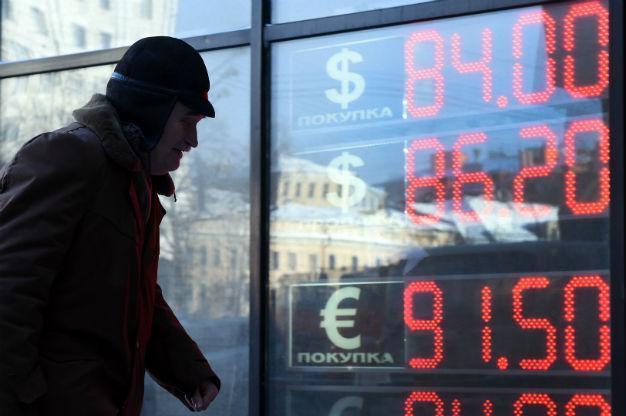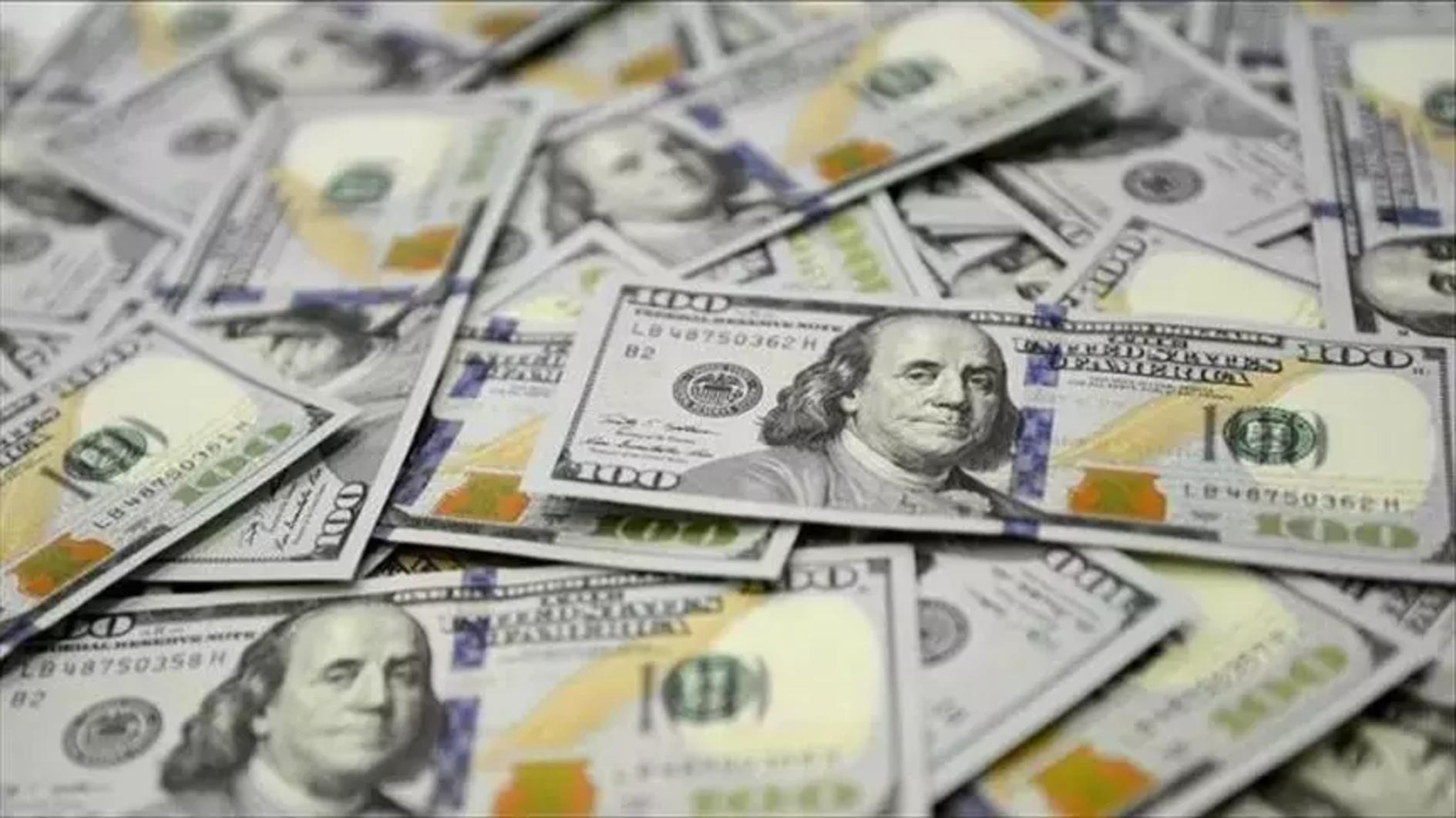Emerging markets gain after Fed trims outlook
LONDON – Reuters

AFP photo
Emerging equities scored their biggest gains in seven weeks and currencies rallied on March 17 after a dovish U.S. Federal Reserve message, with even South African markets shrugging off local political tensions.MSCI’s emerging market index jumped 2.5 percent, lifted by gains in Russia, where dollar-denominated stocks soared as much as 4.8 percent. Stocks in Hungary hit an eight-year high and Turkey’s gained 1.5 percent.
The Fed left interest rates unchanged on Wednesday and cut expectations for rate increases in 2016 to two from four. The dollar fell to its lowest in almost five months and revived a commodity rally.
“We’ve seen a broad-based strengthening of emerging market currencies against the dollar, and also with Treasury yields a bit lower that might support capital flows to emerging markets,” said William Jackson, senior EM economist at Capital Economics.
Russia’s ruble gained for a second day, rising 1 percent against the dollar to its strongest since early December. Turkey’s lira rose to near a four-month high before ceding some gains.
In South Africa, the rand slid after claims a wealthy family with close ties to President Jacob Zuma may have been behind his move to sack a respected finance minister in December.
But the rand later strengthened by 0.8 percent, government bonds firmed and stocks rose 0.7 percent as many investors expected the central bank to raise interest rates.
“Given the concerns about political risk in South Africa, there’s a clear risk of a rate hike, and we expect further tightening over the rest of this year,” Jackson said.
In Egypt, the central bank kept the currency stable at 8.78 pounds to the dollar before an interest rate decision later in the day. Analysts expect a 50-100 bps rate rise as the bank tries to ward off inflation after this week’s devaluation .
Serbia is expected to keep rates unchanged as a slowdown in reforms before April 24 elections may increase depreciation pressures on the dinar.
















